

October 2022, Volume 33, Issue 4
The Politics of Enemies
Democracy’s meaning has always been contested. Letting that struggle become a battle between existential foes risks upending the whole democratic project.
397 Results


October 2022, Volume 33, Issue 4
Democracy’s meaning has always been contested. Letting that struggle become a battle between existential foes risks upending the whole democratic project.

October 2018, Volume 29, Issue 4
Taking advantage of broad global respect for regionalism, authoritarian regimes are using their own regional organizations to bolster fellow autocracies. These groupings offer a mechanism for lending legitimacy, redistributing resources, and insulating members from democratic influences.
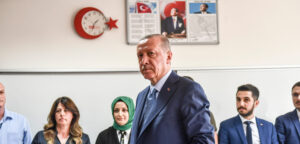

October 2021, Volume 32, Issue 4
Turkey’s ruling party has developed a new tool: When its local candidates lose, it dismisses them and appoints its own choice under a guise that maintains the veneer of democracy. It is an autocratic innovation that may soon spread.

October 2018, Volume 29, Issue 4
What factors help a democracy to survive a crisis? A study of cases in which democracy suffered a steep decline, yet ultimately recovered and endured, offers new insights. In moments of crisis, unelected and nonmajoritarian actors can play a pivotal role.
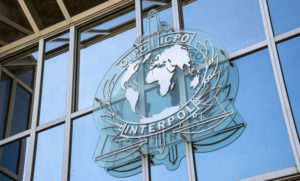

April 2019, Volume 30, Issue 2
Globalized authoritarian regimes are increasingly abusing Interpol’s notice system to go after political opponents based abroad. These regimes seek not only to punish their critics, but also to legitimate their own acts of repression.
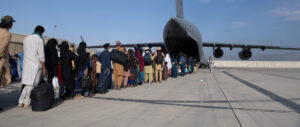

January 2022, Volume 33, Issue 1
The Afghan republic’s destruction was sewn into its founding. The international community’s missteps are more responsible for its failure than the country’s supposedly endemic corruption.


January 2020, Volume 31, Issue 1
Iran is in the midst of an ideological crisis. Growing numbers of Iranians are rejecting the religious underpinnings of the Supreme Leader’s rule, and turning their backs on the Islamic Republic. The regime’s only response is harsher repression—a response that will deepen the anger that is bringing everyday Iranians out into the streets.

January 2019, Volume 30, Issue 1
Not so long ago, the internet was being lauded as a force for greater freedom and democracy. With the rise of intrusive and addictive social media, however, a discomfiting reality has set in.
July 2018, Volume 29, Issue 3
A review of How India Became Democratic: Citizenship and the Making of the Universal Franchise by Ornit Shani.
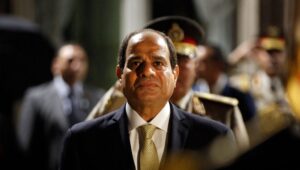

January 2024, Volume 35, Issue 1
Egypt’s general-turned-president has spent lavishly, cemented the military’s political and economic control, and, afraid of suffering Mubarak’s fate, become increasingly repressive. But with crushing inflation and everyday people suffering, is Sisi losing his grip?


October 2023, Volume 34, Issue 4
An expansive underworld of hidden wealth lies beneath the everyday economy. This stealth network of tax havens, secret trusts, and offshore accounts is weakening democratic institutions and fueling our worst enemies.
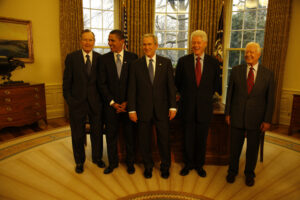

April 2010, Volume 21, Issue 2
What makes elected leaders step down at the appointed hour, and what do they have to look forward to once their terms end? A look at the political afterlives of world leaders tells us that the future prospects of presidents and premiers may well affect their behavior while in office.
Fall 1991, Volume 2, Issue 4
Excerpts from: speeches and declarations issued in the course of the failed USSR coup; speeches presented at the First Ibero-American Summit; Charter 91, signed by more than 100 Iraqi expatriates.
April 2015, Volume 26, Issue 2
A review of Putin’s Kleptocracy: Who Owns Russia? by Karen Dawisha.
July 2020, Volume 31, Issue 3
A review of MBS: The Rise to Power of Mohammed bin Salman, by Ben Hubbard.
October 2023, Volume 34, Issue 4
A final statement by Russian activist and opposition politician Alexei Navalny; The North Atlantic Council’s communiqué on Ukraine; Legal analyst Ethan Hee-Seok’s testimony on North Korean asylum-seekers at the China–North Korea border; “Voices of a New Belarus” by playwright Andrei Kureichik; Guatemalan president-elect Bernardo Arévalo’s victory speech.


This is the darkest moment for freedom in half a century. Whether democracy regains its footing will depend on how democratic leaders and citizens respond to emboldened authoritarians and the fissures within their own societies.
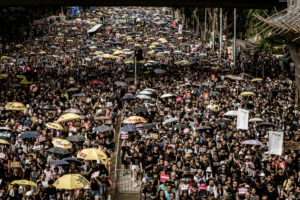

July 2020, Volume 31, Issue 3
In the decade leading up to the covid-19 pandemic, nonviolent civil resistance grew more popular than ever—but its effectiveness had already started to plummet. The future of nonviolent resistance may depend on movements’ ability to move beyond mass protests toward exploring alternative tactics and developing smarter, longer-term strategies.
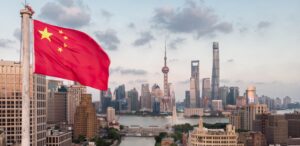

April 2021, Volume 32, Issue 2
China’s fast economic rise has not dented its dictatorship, but Xi Jinping’s neo-Stalinist strategy has unleashed new challenges and tensions for the Communist Party’s long-term prospects for survival.


July 2019, Volume 30, Issue 3
In both Eastern and Western Europe, social-democratic parties have shifted to the center on economic policy, not only sapping the electoral strength of these parties, but also opening up political space for the populist right.